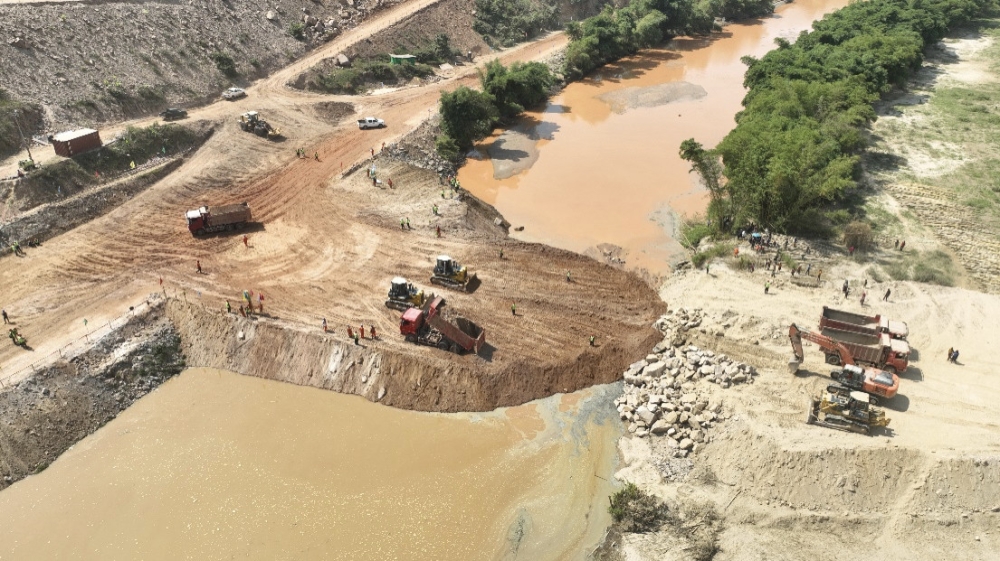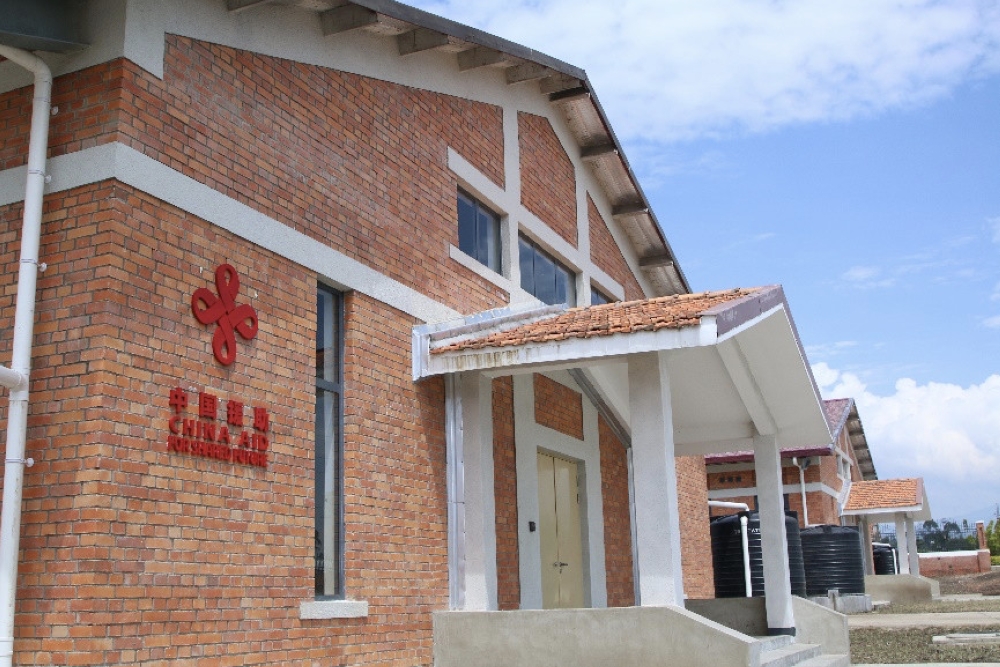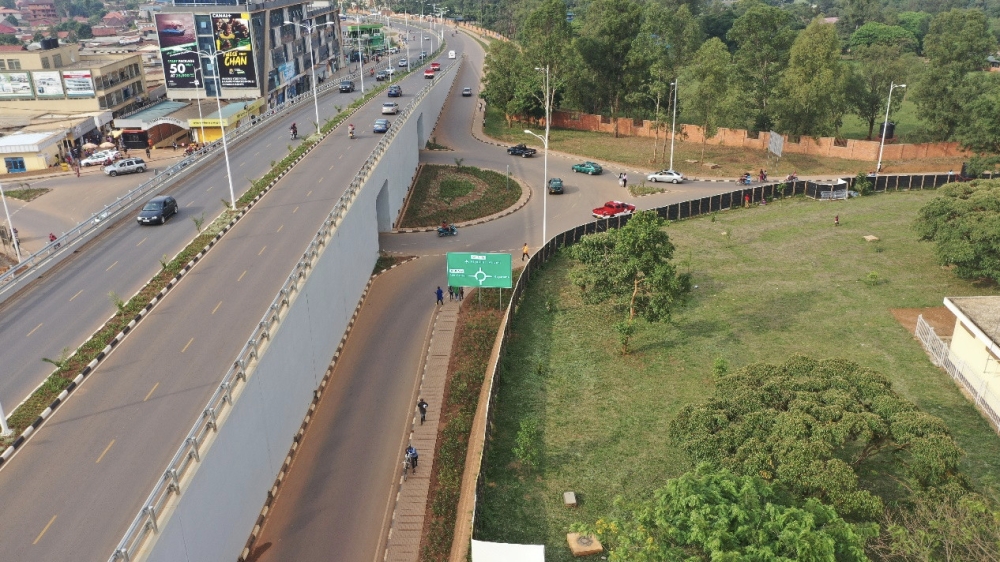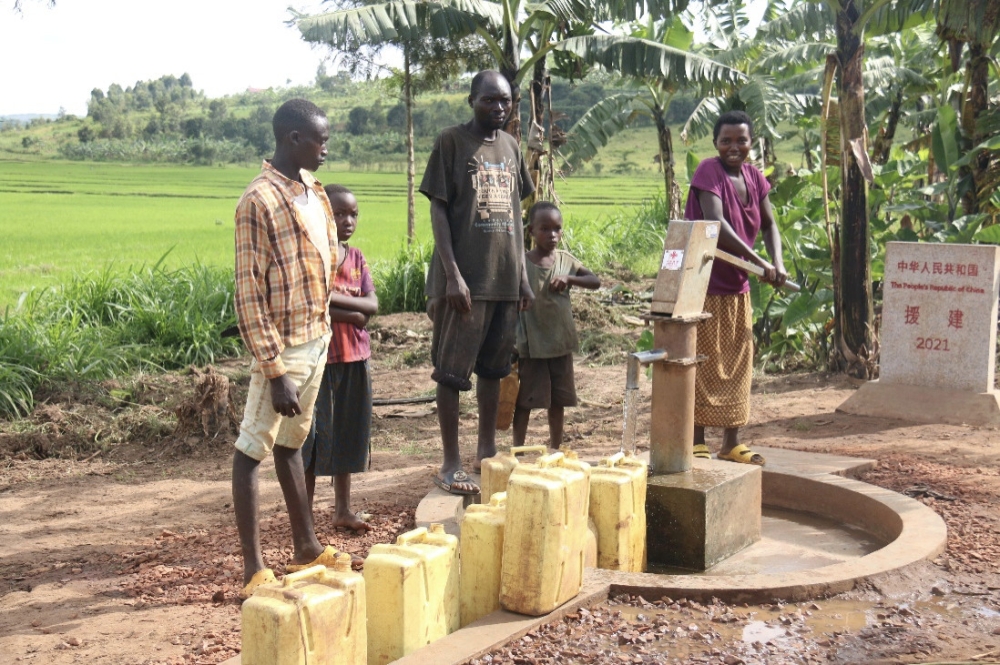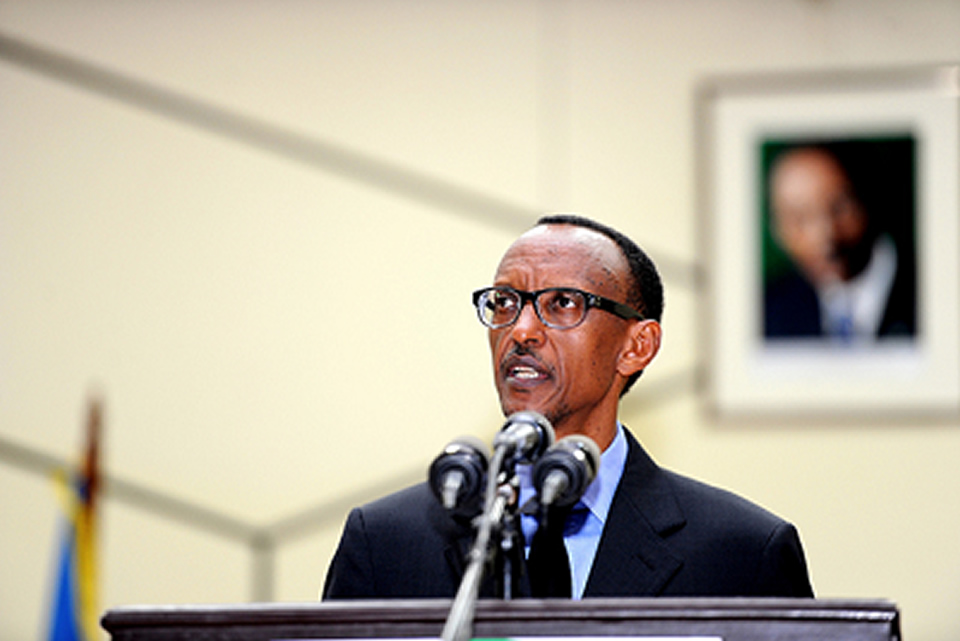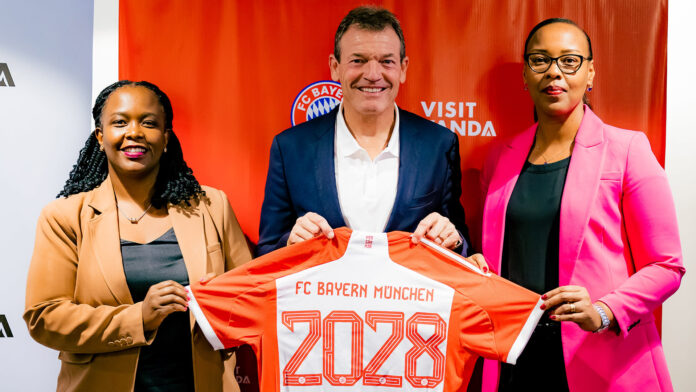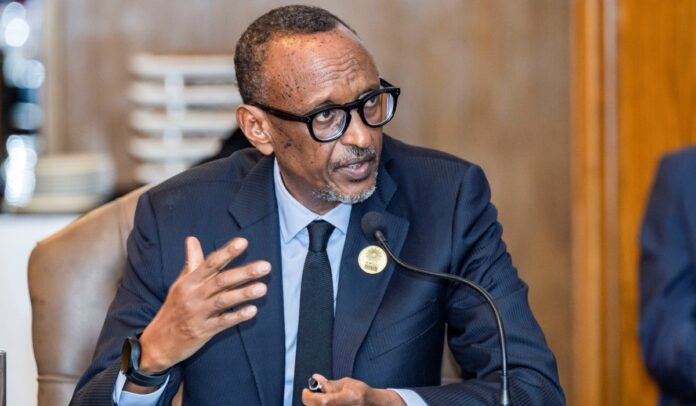The African Development Bank Group has approved a $23.6 million loan to support the construction and equipping of a new aviation training facility in Kigali, Rwanda. This Centre of Excellence for Aviation Skills (CEAS) aims to address the growing demand for aviation professionals in Africa while advancing Rwanda’s goal of becoming a regional aviation hub.
The facility, which will include an aircraft hangar and collaborate with higher learning institutions, will offer specialized training to meet global aviation industry standards. It is expected to enroll 500 students by 2025, offering courses for pilots, aircraft maintenance staff, cabin crew, and dispatch personnel. Additionally, training programs for drone piloting and advanced pilot missions will be part of the curriculum.
Dr. Beth Dunford, the Bank’s Vice President for Agriculture, Human, and Social Development, emphasized the importance of the project: “The Bank’s support for this Centre of Excellence demonstrates our commitment to investing in human capital for jobs in Africa’s aviation industry.”
With Africa projected to need over 50,000 aviation professionals in the coming two decades, including pilots, technicians, and cabin crew, the Centre is designed to help fill this gap. The project aligns with Rwanda’s Vision 2050, which focuses on improving human capital and transforming the workforce for higher productivity.
Nnenna Nwabufo, Director General for East Africa at the African Development Bank, highlighted the Centre’s potential to uplift the skills of Rwanda’s youth and those across East Africa. “This project is a critical component of the Bank’s Skills for Employability and Productivity in Africa Action Plan,” she said.
The construction phase of the project is expected to employ 1,000 workers, with 98 jobs created during its operational phase. The Centre’s location near Kigali International Airport will further integrate it with Rwanda’s aviation infrastructure, supporting the country’s ambition to attract international investment in the sector.
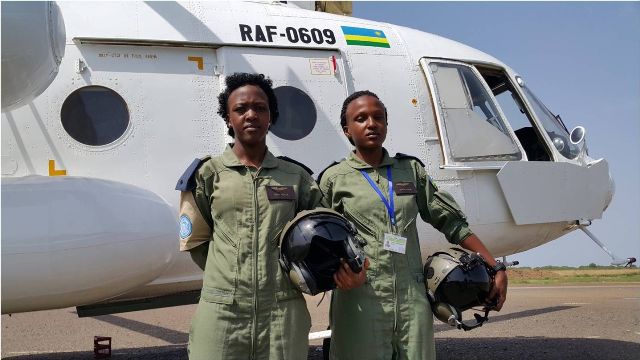


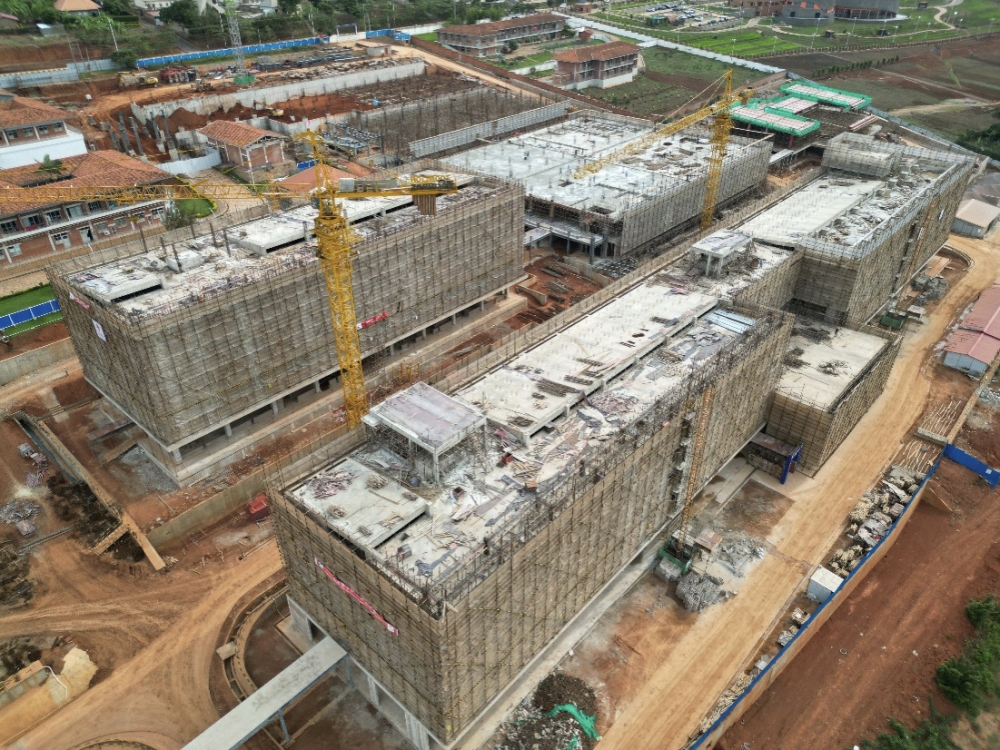 The on-going Masaka Hospital renovation and expansion project will expand the existing 6398 m2 China-aided Masaka Hospital into a modern hospital with over 56,000 m2 construction area and 837-bed capacity. It will help turn the neighborhood into a vital medical hub in Africa.
The on-going Masaka Hospital renovation and expansion project will expand the existing 6398 m2 China-aided Masaka Hospital into a modern hospital with over 56,000 m2 construction area and 837-bed capacity. It will help turn the neighborhood into a vital medical hub in Africa.